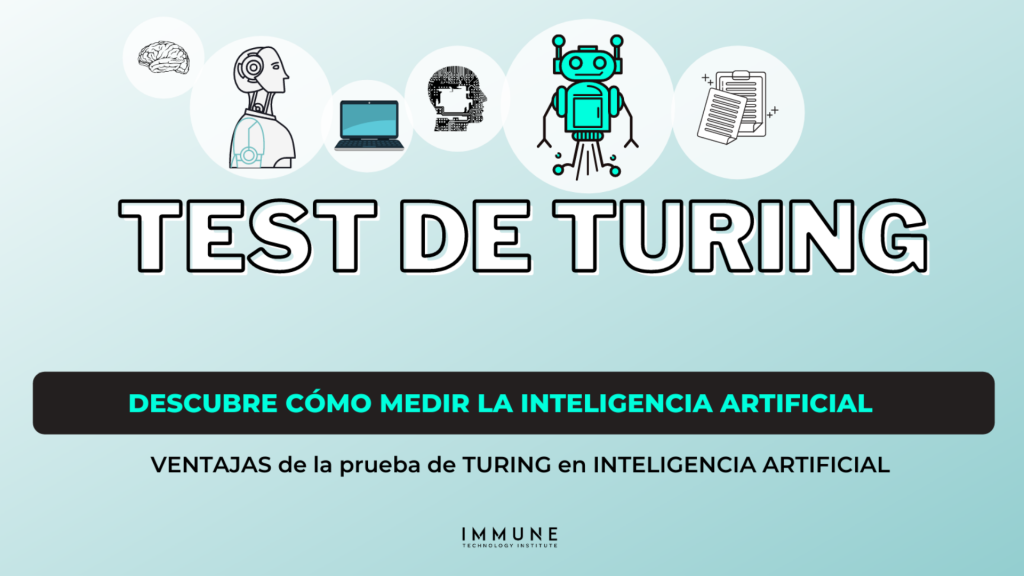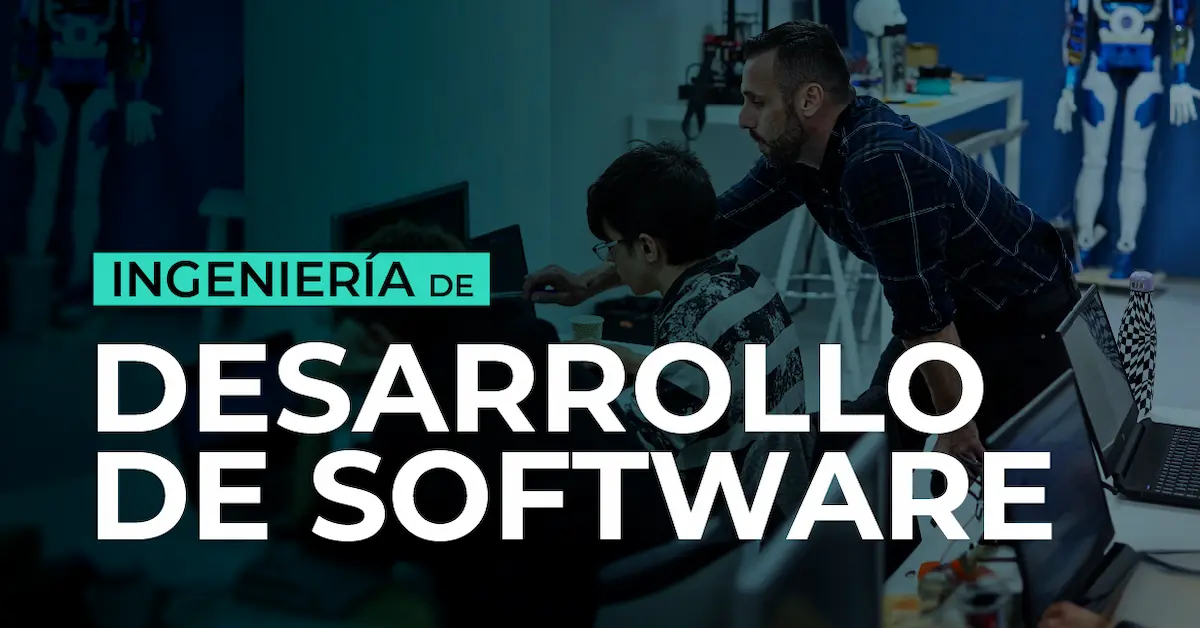Establishing the boundary between robot and human is perhaps one of the most controversial issues in robotics. A highly contested area of ethics... especially in literature and film:
Asimov and his famous "Three Laws of Robotics", Blade Runner and the replicants or Shelley's classic "Frankenstein or the Modern Prometheus" are just a few examples from fiction.
However, scientists are also questioning the limits of robotics through experimentation. Thus, the celebrated mathematician Alain Turing (one of the fathers of computer science and creator of "Enigma", a machine that was decisive for the course of the Second World War) developed the Turing test or Turing testwhere the artificial intelligence.
What is the Turing test?
The Turing test is an experiment that measures the resemblance of a machine to a human being, based on its intelligent behaviour. In other words, This test allows us to distinguish whether the interlocutor is a human or a robot.
Turing proposes in this test evaluate natural language conversations between a human and a machineThe examiner simply has to know how to differentiate one from the other. The examiner simply has to know how to differentiate one from the other.
Well, in 2014, the 'Eugene' computer managed to pass this test.. It was the first time a machine managed to convince even a 33% of the judges of its 'human side'. Specifically, it impersonated a 13-year-old Ukrainian boy. Sometimes, science trumps fiction.
Advantages of the Turing Test in artificial intelligence
The Turing test has different types of advantages. The most representative of these are listed below:
Simplicity
One of the questions most demanded by neuroscience and that still remains unanswered is define the words "thought" or "intelligence". The Turing test does not directly answer this question, but it does offer a simple and practical way to measure it.
2. Thematic diversity
The topics proposed for the computer are not few; quite the contrary. The Turing test is designed so that the evaluator proposes different intellectual subjects to the machine.
3. Empathy
Likewise, if anything characterises the Turing test, it is that the machine is not going to offer a high level of knowledge in any specific subject. On the contrary: it will seeking sensitivityThe evaluator should try to empathise with the evaluator.
Weaknesses of the Turing Test
On the other hand, it should be noted that the Turing test is not perfect. It is also flawed in some way:
The Turing test is not able to detect super-intelligent machine behaviour. For example, an almost impossible mathematical operation. In this way, the examiner will know that it is a computer and not a person.
In addition, Turing test fails to show intelligent behaviourThe computer is only going to try to make a human one. Thus, it will be susceptible to insults, typos or lies.
Artificial intelligence or AI: one of the job opportunities in computer engineering
One of the professional opportunities of the computer engineering is artificial intelligence or AI. This specialisation in computer science is very much in vogue, as it is very useful in any type of work sector and also in our day-to-day lives.
By means of logical-mathematical mechanisms, computer engineers program commands to machinesThe aim is to satisfy various human needs. Unlike in film or literature, artificial intelligence does not usually look anthropomorphic, let alone rebel.
AI in industry is in high demand. Therefore, computer engineering experts will not only work as programmers, but will also be able to work as consultants or leaders of technological projects.
Dedicate yourself to AI, thanks to a background in computer engineering.
And you, do you want to be an expert in artificial intelligence? Can you imagine yourself performing the Turing test in your job? If so, you need specialised training in computer engineering.
A Degree in Software Engineeringas the one we offer you at IMMUNE. In addition, if you already have your degree, we have this programme at Voice TechFind out more!

